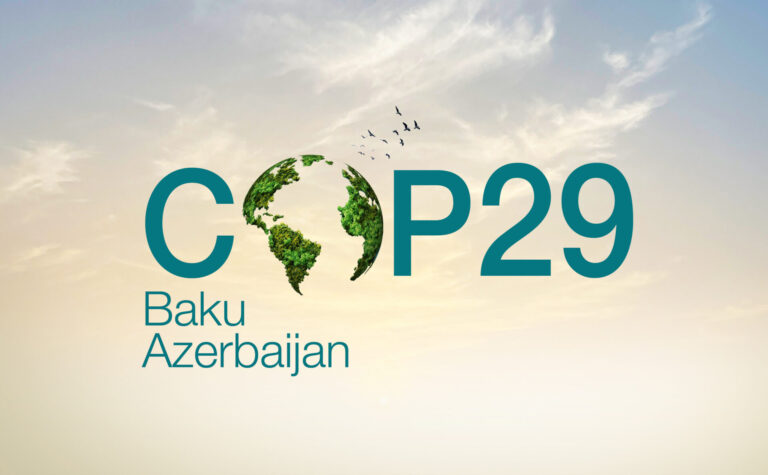Two significant developments in the UK’s energy sector illustrate the evolving landscape: a predicted sharp rise in oil and gas...
Read More- Industry Updates
COP29 Day 9 Summary: 20th November 2024
-
 Kate McCann
Kate McCann
- 2 minute read
Teaching Sustainability: Net Zero Solutions for the Education Sector
Why Net Zero Matters for Your Institution With the UK government committed to achieving net zero carbon emissions by 2050,...
Read MoreChancellor’s Spending Review: What It Means for UK Businesses
In the latest Spending Review, Chancellor Rachel Reeves outlined a significant financial commitment to clean energy and infrastructure projects, reaffirmed...
Read MoreDeveloping Nations Reject Proposed Climate Finance Target
A proposed range of $200–300 billion per year for public climate finance under the New Collective Quantified Goal (NCQG) was rejected by large developing countries, including members of the Like-Minded Developing Countries (LMDC) group. Representatives from these nations argued that the proposed figure were inadequate to meet their climate needs. Diego Pacheco, speaking on behalf of the LMDC, stated that the suggested amount was insufficient to fund necessary emissions reductions, adaptation measures, and capacity building.
Additionally, some least developed countries expressed concerns about being included in the donor pool for the NCQG. They argued that contributing to such a large financial target would place strain on their own resources, which are already limited. This pushback added another layer of complexity to the negotiations, highlighting disparities in responsibilities and expectations between countries.

Concerns Over Mitigation and Adaptation at COP29
Developing nations at COP29 criticised the focus on mitigation, arguing it overshadowed urgent adaptation needs. They expressed frustration that the talks prioritised emissions reduction without addressing the funding and support required to help vulnerable countries cope with the impacts of climate change, such as extreme weather and rising sea levels.
Adaptation negotiations also stalled due to disagreements over funding and measurement indicators. Developing countries emphasised that the current commitments from wealthier nations are far below the estimated $215 – 387 billion needed annually. African representatives and other negotiators called for significantly increased adaptation funding by 2025, while developed nations reiterated their pledge to double funding to $40 billion, a target many consider inadequate given the growing scale of climate impacts. These divisions continue to prevent progress on key outcomes.
Financial Commitments for Loss and Damage
Catch Up On Previous COP29 Updates

COP29 Day 11 Summary: 22nd November 2024
The 11th day of the COP29 climate summit in Baku, Azerbaijan, concluded with an agreement on a new climate finance

COP29 Day 10 Summary: 21st November 2024
COP29 has brought climate finance to the forefront of global discussions, highlighting the urgent need for developed nations to support

COP29 Day 9 Summary: 20th November 2024
On the ninth day of COP29 in Baku, Azerbaijan, discussions brought to light significant disagreements between developed and developing nations,

COP29 Day 8 Summary: 19th November 2024
Day 8 of COP29 in Baku, Azerbaijan, focused on tackling the challenge of climate finance, with a spotlight on how

COP29 Day 7 Summary: 18th November 2024
COP29 is proving to be a pivotal yet contentious chapter in global climate negotiations. With only five days left in

COP29 Weekend Summary: 15th-17th November 2024
This weekend at COP29 highlighted key debates about fossil fuels and strategies to combat the climate crisis. Progress was made

COP29 Day 4 Summary: 14th November 2024
Day four of COP29 in Baku brought critical discussions to the forefront, focusing on two pressing issues: the urgent need

COP29 Day 3 Summary: 13th November 2024
On Day 3 of COP29 in Baku, Azerbaijan, global leaders pushed for stronger climate cooperation, with discussions centering on several

COP29 Day 2 Summary: 12th November 2024
On Day 2 of COP29 in Baku, Azerbaijan, global leaders continued discussions on urgent climate action, focusing on financing, emission

COP29 Day 1 Summary: 11th November 2024
The 29th United Nations Climate Change Conference (COP29) commenced on November 11, 2024, in Baku, Azerbaijan, marking a pivotal moment




